JATO: European new car CO2 emissions highest average since 2014; shift from diesel to gasoline and SUVs rise
Green Car Congress
MARCH 5, 2019
The analysis covered 23 markets in Europe and found a direct correlation between diesel car registrations and average CO2 emissions. The total value of CO2 emissions was on a steady decline from 2007, but started to slowdown in 2016 as the fall reduced from -4.1 The emissions averages for SUVs worsened by 1.4




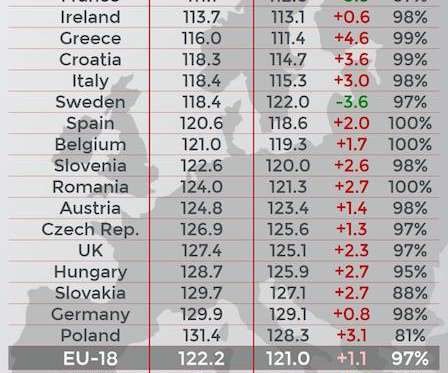







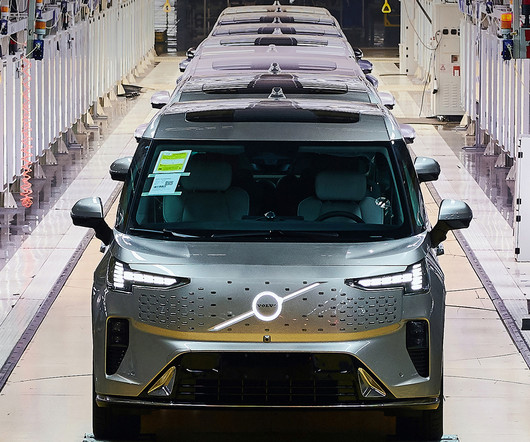


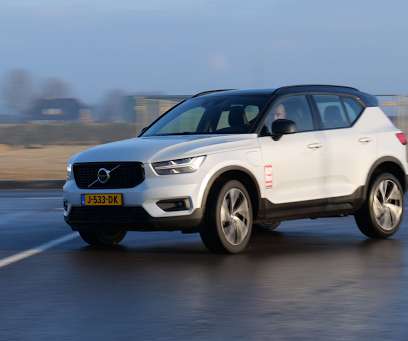
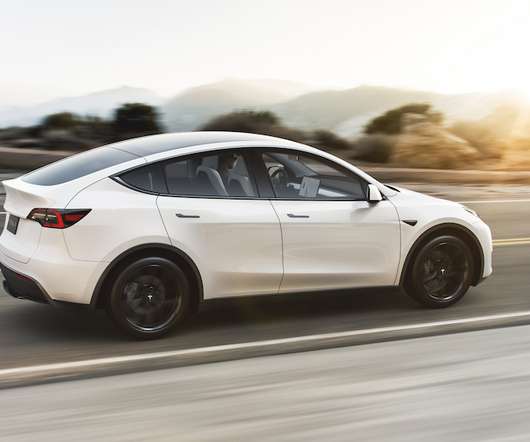

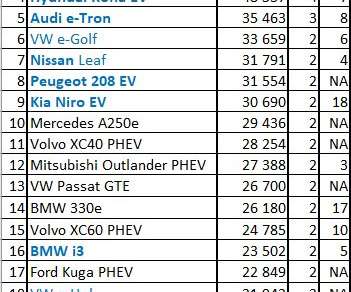







Let's personalize your content